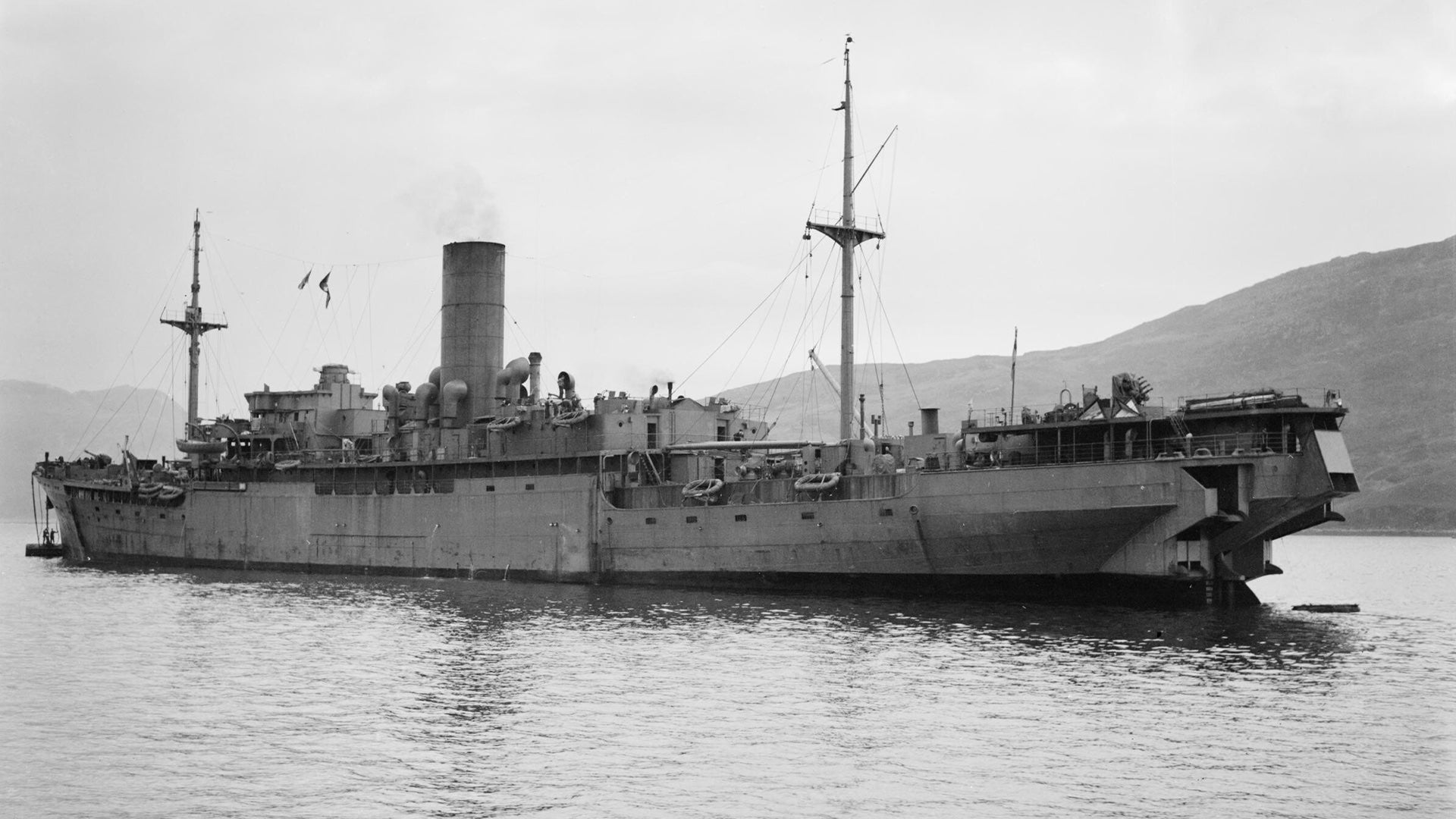Ralph Haus
Tech Sergeant
Sitting on the porch, 70 deg F, enjoying my 2nd Warsteiner DUNKEL, and having a beer induced mind wandering. Wondering. This particular brewery states on bottle "seit 1753". I'm fairly certain the gaggle of Paulander breweries predate that. How were these breweries regarded in terms of allocations of raw materials, power, especially towards the end the war? Certainly, especially towards the end, the demands were surly high? Probably not much of a manpower drawdown, breweries are not that labor intensive. So, if you were a brewmaster, would you have even known there was a war going on?

